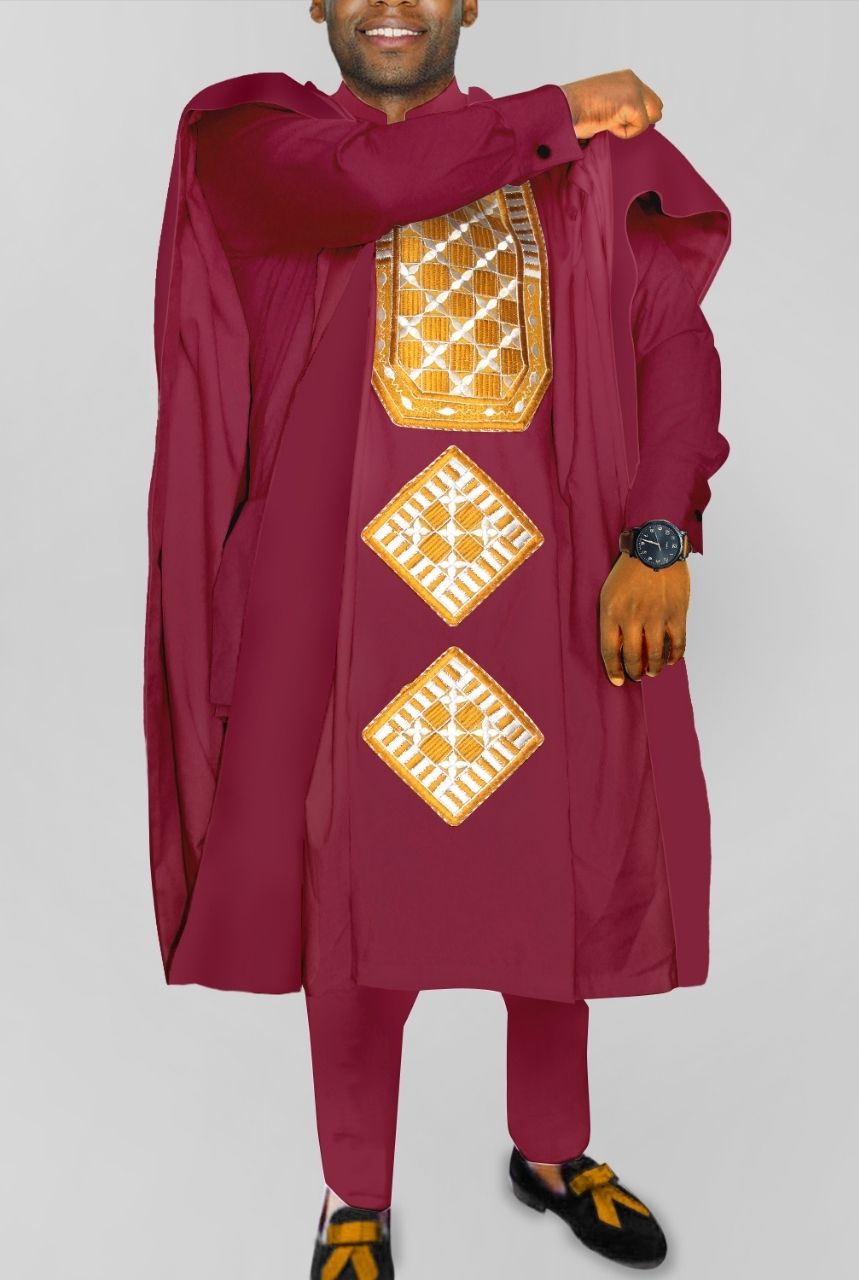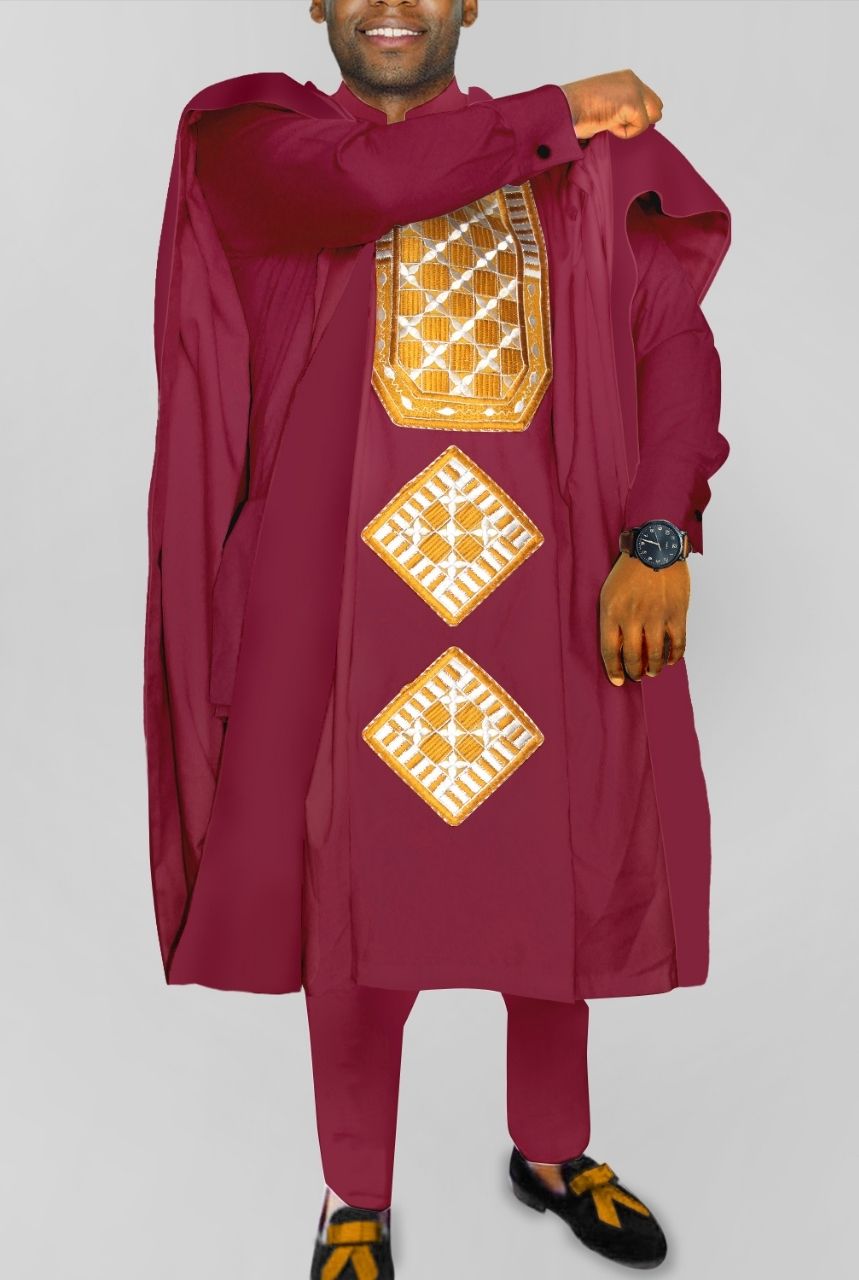Men’s African Fashion Trends Taking Over the UK

Strong 8k brings an ultra-HD IPTV experience to your living room and your pocket.
African fashion is no longer a niche interest—it’s a global movement, and the UK has become a thriving hub for men’s African style. From bold Ankara prints to sleek Kente-inspired tailoring, African menswear is influencing both streetwear and high fashion across British cities. This growing appreciation reflects not only a love for vibrant design but also a cultural shift—one that embraces heritage, individuality, and creativity in the way men dress.
One of the most noticeable trends is the rise of tailored African suits. UK-based African designers are fusing traditional fabrics with modern cuts to create sharp, standout outfits. Whether it’s a blazer made from Dashiki fabric or a full suit stitched in Kente cloth, these garments blend cultural pride with sartorial elegance. They’re especially popular for weddings, cultural events, and red-carpet appearances, offering a powerful alternative to standard Western formalwear.
Dashiki shirts continue to make waves in the UK, offering a relaxed yet eye-catching option for everyday wear. With their distinctive embroidery and vibrant colors, Dashikis are often worn during summer festivals, African-themed gatherings, and casual outings. Their popularity has grown among both African and non-African communities, thanks to their comfort, statement style, and cultural symbolism.
In urban streetwear, Ankara-infused fashion is dominating. Joggers, bomber jackets, t-shirts, and hoodies are now being designed with splashes of african print dresses. This hybrid style appeals to the younger generation who want to stay rooted in their heritage while aligning with contemporary trends. Brands and designers are producing capsule collections that combine streetwear aesthetics with traditional patterns, giving rise to a truly Afro-modern identity.
Accessories are also playing a key role in men’s African fashion. Printed caps, bags, loafers, and beaded jewelry are being incorporated into everyday outfits, offering subtle ways for men to celebrate African culture. A leather bag with Ankara lining or a pair of Kente-patterned sneakers can turn a simple outfit into a bold fashion statement. These small but powerful details have become popular among UK men looking to express cultural pride in a stylish, understated way.
The demand for custom African wear is growing too. Tailors in London, Birmingham, and Manchester are seeing more men seek out bespoke traditional garments like Agbadas, Kaftans, and Senegalese suits. These pieces are worn at weddings, naming ceremonies, and heritage festivals, often styled with caps such as the fila or kufi. Wearing these outfits is more than fashion—it’s a way to honor one’s background and show up with dignity and pride.
Social media and influencers have been instrumental in driving this trend. UK-based African fashion influencers, musicians, and content creators are showcasing how to style traditional pieces in modern ways. Instagram and TikTok are filled with outfit-of-the-day videos that feature men mixing African prints with denim, sneakers, or leather jackets. This visibility is reshaping perceptions of African menswear as dynamic, versatile, and aspirational.
What makes these trends even more meaningful is the growing emphasis on ethical fashion. Many UK designers are sourcing fabrics directly from African countries and working with local artisans. This commitment to authenticity and fair trade adds value to each garment and promotes sustainable practices in fashion. It also reinforces the connection between the UK diaspora and the African continent, turning fashion into a bridge between cultures.
In conclusion, men’s African fashion is thriving in the UK, with styles that celebrate identity while embracing innovation. From tailored suits to urban streetwear, african print are empowering a new generation of British men to wear their heritage with pride. As this movement grows, it’s clear that African menswear isn’t just a trend—it’s a cultural expression that’s here to stay.
Note: IndiBlogHub features both user-submitted and editorial content. We do not verify third-party contributions. Read our Disclaimer and Privacy Policyfor details.







